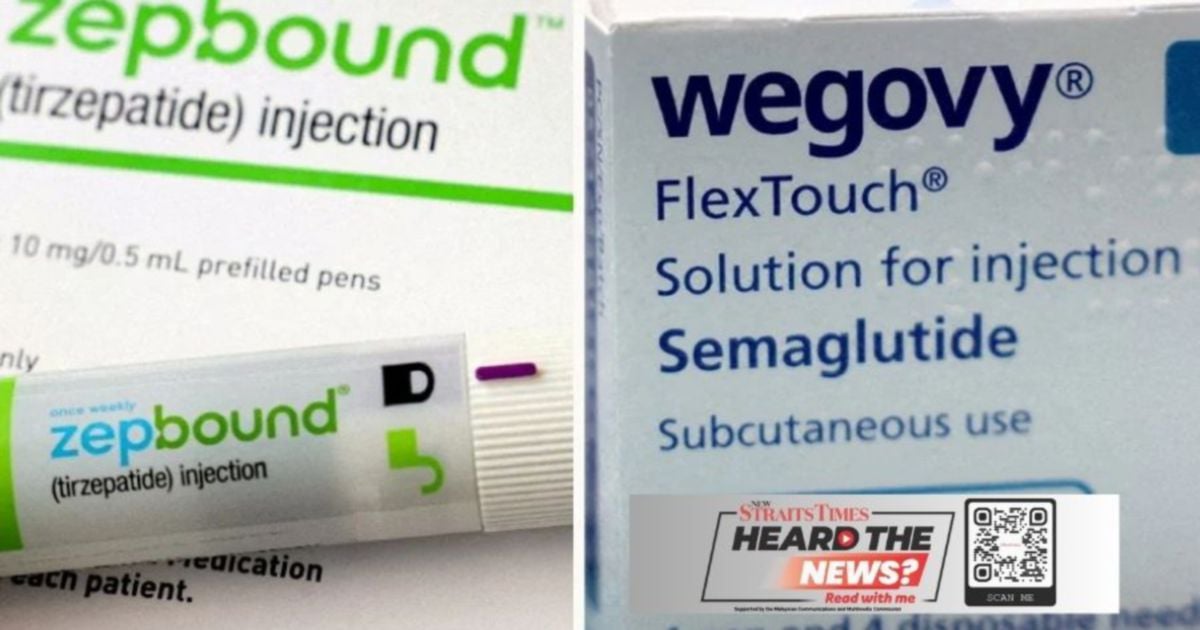The World Health Organisation (WHO) has recommended a range of blockbuster weight-loss drugs to treat diabetes and obesity globally for the first time, calling for cheap generic versions to be made available for people in developing countries.
The new generation of appetite-suppressing drugs, called GLP-1 agonists, have exploded in popularity due to their ability to help people significantly lose weight.
More than 3.7 million people died from illnesses related to being overweight or obese in 2021, according to WHO figures, more than top infectious killers malaria, tuberculosis and HIV combined.
However, the sky-high prices of GLP-1 drugs, which can cost over US$1,000 a month in the United States, have raised concerns they will not be made available in poorer nations where they could save the most lives.
To ensure these injectable drugs reach people who need them most, the UN agency said it encouraged “generic competition to drive down prices”.
GLP-1 drugs, which have some side effects including nausea, were originally developed for diabetes, but research has increasingly suggested they could help with a broad range of health problems including addiction.
A study published in the ‘JAMA’ medical journal this week found that patients with heart problems taking the drugs had more than a 40 per cent lower risk of being hospitalised or dying prematurely.
One in eight people worldwide are now obese, while in 2022 more than 800 million people were living with diabetes, according to the WHO.
The WHO also named a range of cancer drugs to its essential medicines list.
© New Straits Times Press (M) Bhd






